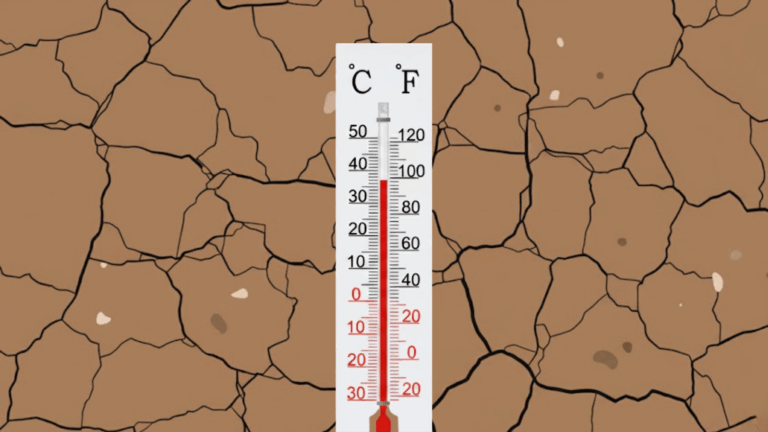‘Toothless’ sanctions
Why the world’s largest waste management company made a $3 billion bet on the US.
Current Access Level “I” – ID Only: CUID holders, alumni, and approved guests only
Explore independent and nonpartisan research that meets the high standards of academic integrity at Columbia University.
Last month, the Trump administration imposed fresh sanctions on Russia’s two largest oil companies, Rosneft and Lukoil, signaling a renewed desire to drive Moscow to the negotiating table in its war against Ukraine. But although these measures have the potential to harm the Russian economy, just how much damage they inflict will depend largely on one actor: Beijing. China bought almost half the oil Russia exported in 2024, evading Washington’s existing restrictions in the process. And new sanctions alone will do little to push China into significantly reducing its purchases.


Connecticut needs an honest debate, and fresh thinking, to shape a climate strategy fit for today, not 2022.

President Donald Trump’s impulsive, go-it-alone approach is uniquely ill-suited to the long-term and cross-cutting nature of the challenge that China poses.


The US Secretary of Energy Chris Wright has directed the Federal Energy Regulatory Commission to make a rule that would help rapidly move electricity onto the US grid in large amounts.

High political walls are hurting an industry vital to the character of the country.

The energy transition is not inevitable—but neither is business as usual.

As diplomats meet in Brazil for COP30, global resolve to tackle the climate challenge appears badly frayed.

Most African countries today are faced with a dual challenge: how to industrialize and expand electricity access at the same time.

The fashion industry sits at the intersection of climate, energy, and consumption, facing growing pressure to cut emissions, transition to clean energy, and build circular systems across global supply chains.

Artificial intelligence is driving a massive technological transformation that is already reshaping many aspects of daily life.

Why Ukraine’s campaign against Moscow’s energy sector is working.

Why Big Tech’s energy problem might prove crucial to fighting climate change.
